Part 3
Theresa and Coley are considered by most in town—I did indeed ask pretty much everyone—two of the top fishers in Bay St. Lawrence. They know how to play the long game. Theresa smiled quietly when I told her what she already knew.
“You have to invest,” she said. “You have to use high-quality gear, take care of it.”
Coley told me, “It’s about your crew. They have to want to work for you, and they will if you pay them well.”
Coley and Theresa have forged a remarkable working relationship. “She knows what she’s doing,” Coley said. “She can be better than half the guys.” For his part, Coley handles the Greyhound with an uncanny skill on a level that can’t be taught. Most crucially though, he shares the same work ethic as Theresa.
I asked Coley for an interview during the second week of my visit. He demurred because he said he’s not a “word-person.” And I didn’t push. The narrative documentarian’s cardinal rule is to never film a person against his or her will. But, I assured Coley, he had far more to say than most blustering pedagogues. Our goal, I explained, and not as a way to convince him but to distinguish narrative documentaries from the educational sort, is to deliver fully realized human beings to our viewers. The people in our films are not there as expert testifiers supporting an agenda; they’re there as themselves—their lovely, messy, gloriously complex selves. So interviews and words are only part of a person’s being. Actions, on the other hand, lay bare irrefutable signifiers of oneness. You can’t argue about how someone pours a cup of tea. What a person does matters just as much as (if not more than) what a person says.
Coley listened patiently, then said, “OK, sure,” in a way that suggested my lecture was probably unnecessary.
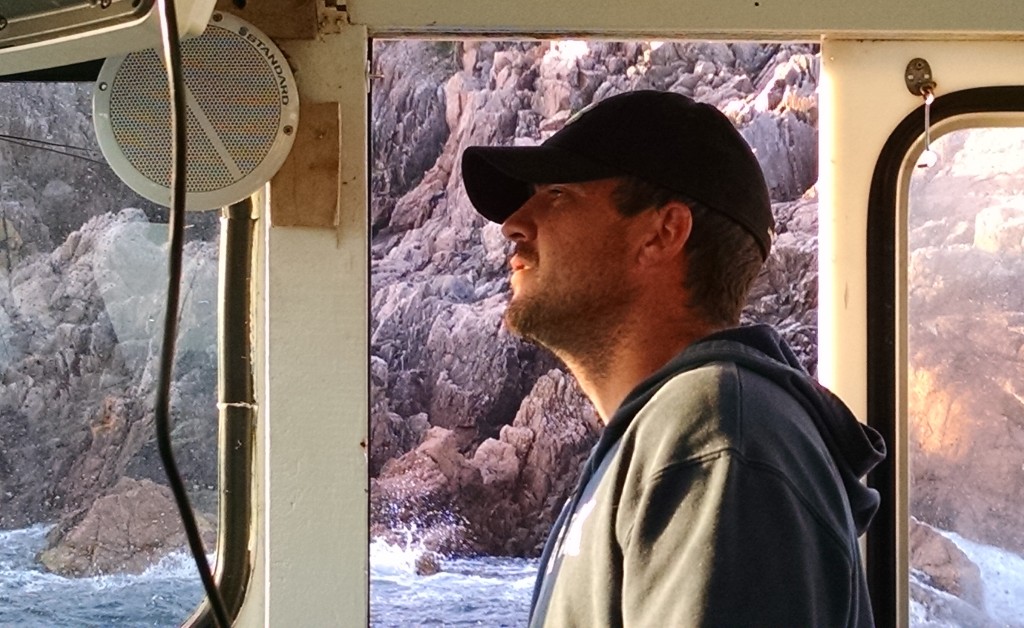
Coley grew up in the early 1980s with no aspirations other than to work “out back,” the term for “crew,” on his uncle’s boat. But the tiny local schools merged into one regional elementary school, which introduced children to a world beyond their isolated pond—a good thing. But this also introduced them to even more ways to wreck themselves—not a good thing. For Coley this meant pills, heroin, and, eventually, weeklong visits to a clinic in Sydney for drug and alcohol addiction.
Coley recollected, “We all did it, all my pals. We were thirteen, fourteen at the time. My parents tried their best, helped me get counseling. And they stuck by me, no matter what. My father was the nice one, the go-to person if you needed something.”
I asked Coley what changed. He said, “One day you just grow up.”
That day arrived at some point in 1999 when, as he said, “everything suddenly slowed down.” He quit high school, became an apprentice fisherman, met his present-day partner, Corrine, and had the first of his four children. He was seventeen years old.
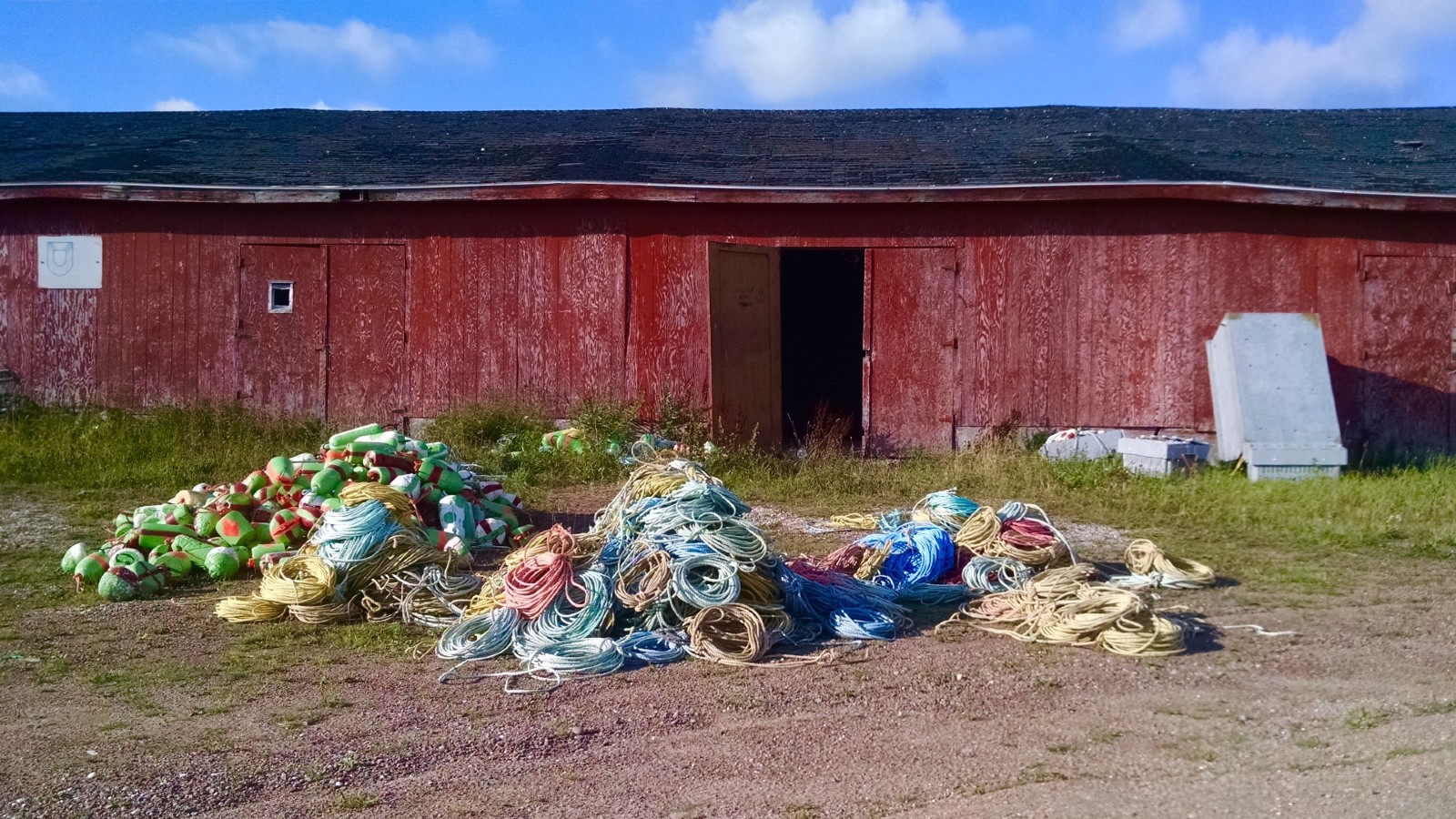




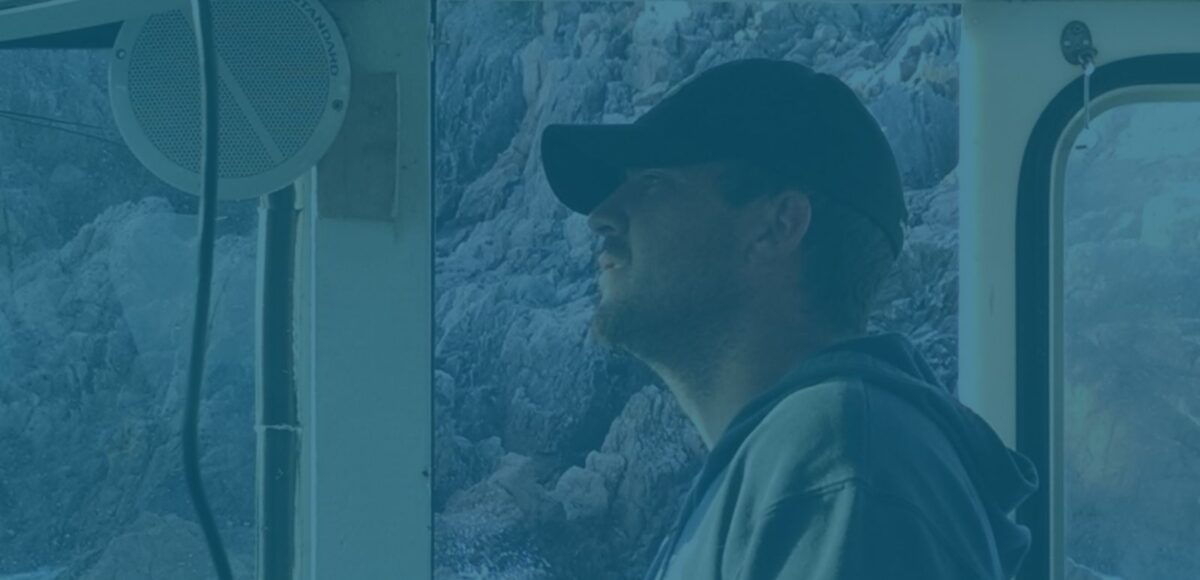
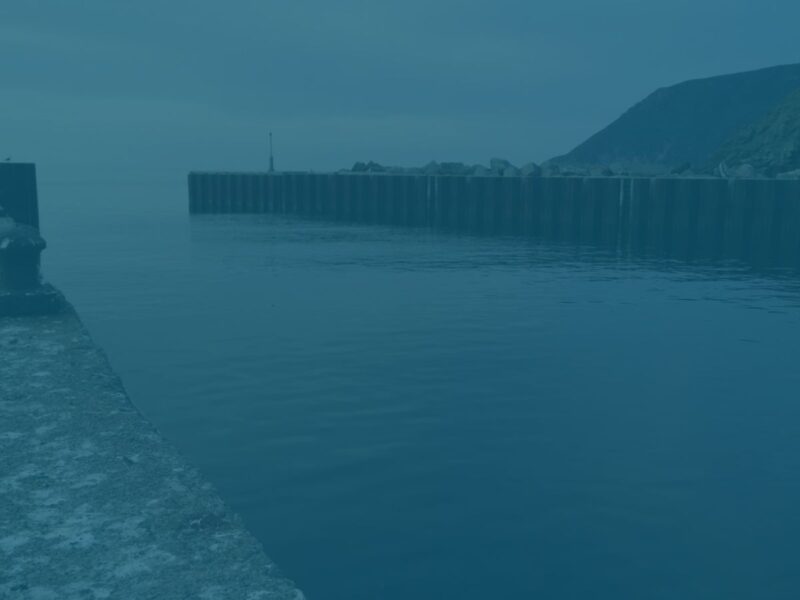
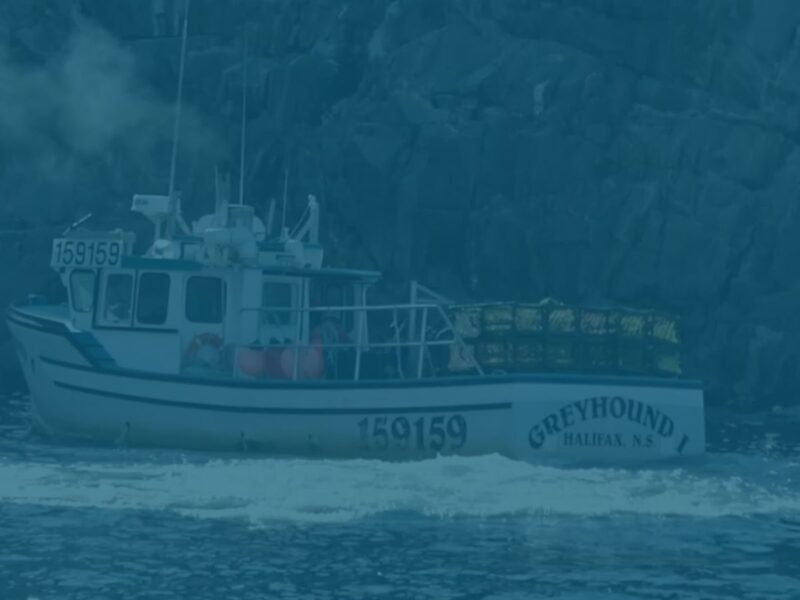
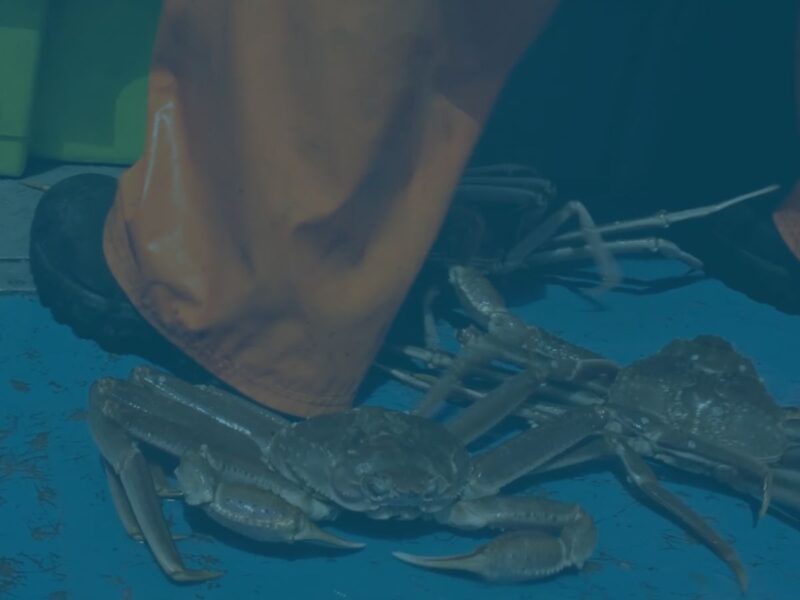
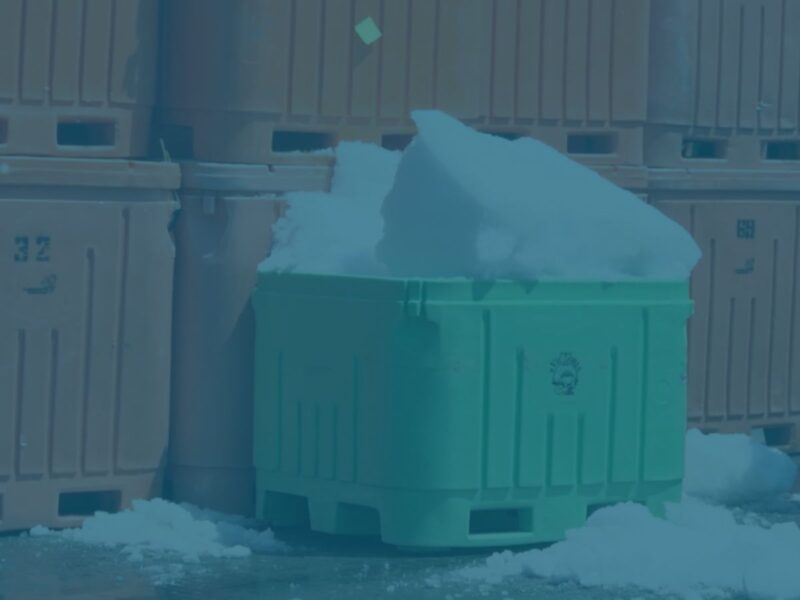
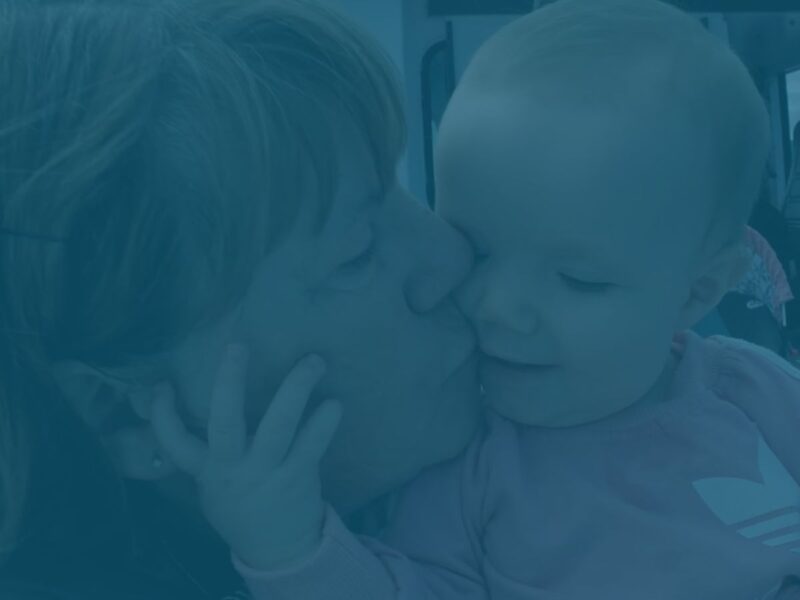

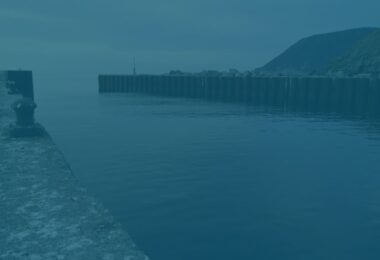
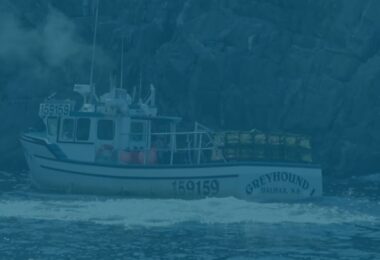
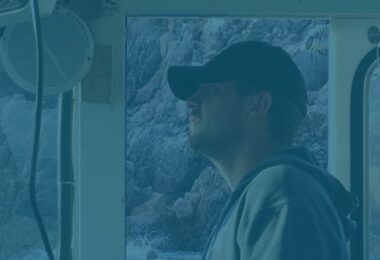
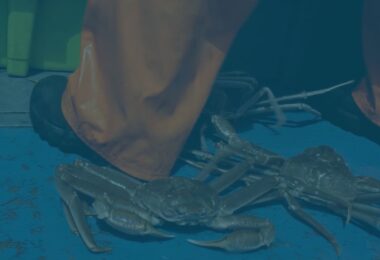
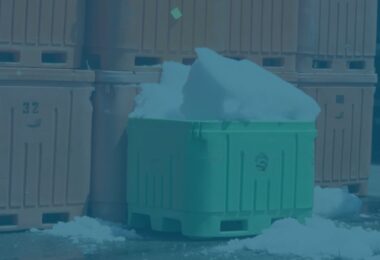
No comments